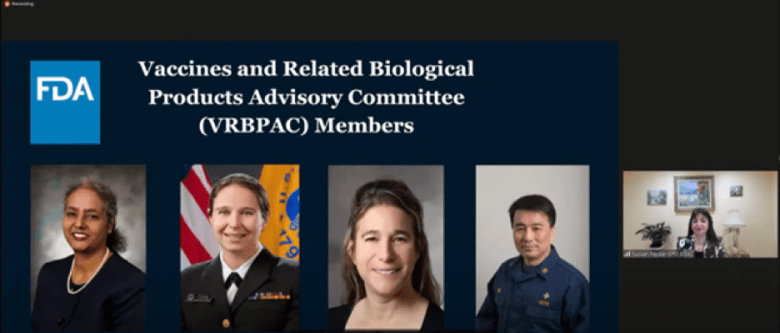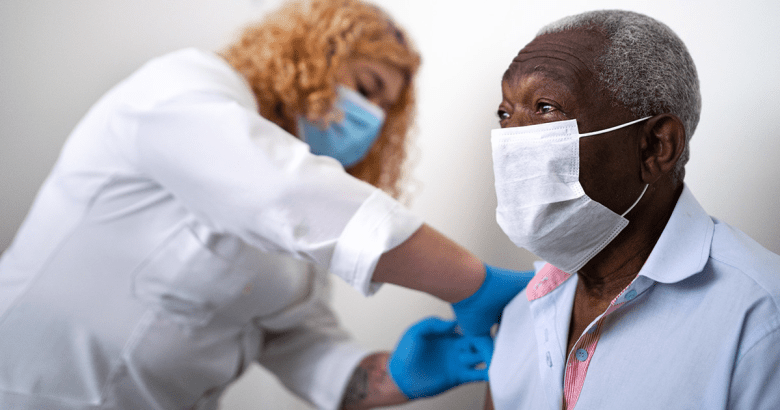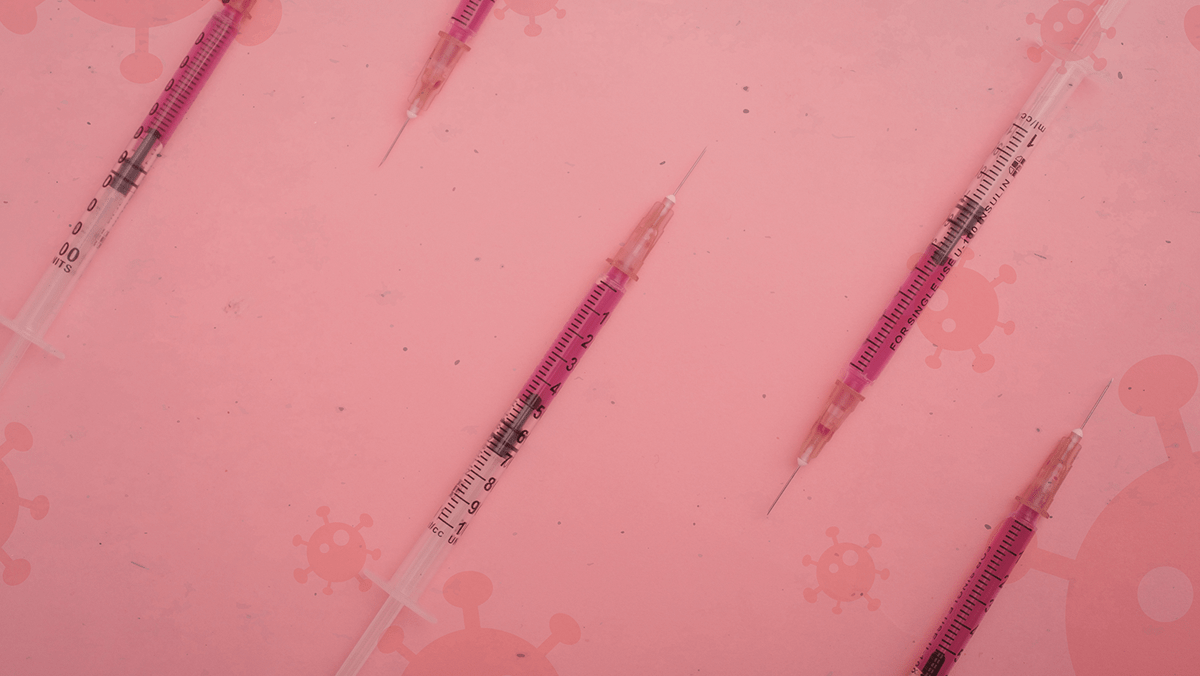Last Updated on January 31, 2023 by BVN
Breanna Reeves |
In the first meeting of 2023, the U.S. Food and Drug Administration’s (FDA) Vaccines and Related Biological Products Advisory Committee (VRBPAC) unanimously voted to adopt a new COVID-19 vaccine strategy.
The committee voted on the vaccine composition by answering the question: Does the committee recommend harmonizing the vaccine strain composition of primary series and booster doses in the U.S. to a single composition, e.g., the composition for all vaccines administered?
In other words, do they recommend transitioning from administering both primary series and booster doses to administering just one type of COVID shot?
All twenty-one temporary and regular committee members voted yes.
Currently, to be fully vaccinated against COVID-19, people have to complete the primary vaccine series of two doses, administered several weeks apart. The initial primary doses are composed of the initial COVID-19 strain. Once the primary series is completed, after two months, individuals are eligible to receive the most recent bivalent booster dose, which is composed of the initial COVID-19 strain and components of the Omicron subvariant.
In other words, do they recommend transitioning from administering both primary series and booster doses to administering just one type of COVID shot?
“Given the evolution of SARS-CoV-2 variants and associated changes in the epidemiology, susceptibility to reinfection, and waning of vaccine-induced immunity, barring development of a significantly improved vaccine, periodic future updates to the S protein sequence(s) contained or encoded in COVID-19 vaccines and revaccination will likely be needed to induce and maintain vaccine effectiveness, respectively,” the FDA noted in a briefing document released ahead of the Jan. 26 meeting.
The advisory committee was tasked with considering the viability of the primary COVID-19 vaccine dose as new variants appear and become more resistant to the vaccine. Recently, a new subvariant called XBB.1.5 has surfaced which accounted for nearly 50% of all COVID-19 infections in the week ending on Jan. 21.
Effectiveness of COVID-19 vaccine against variants and severe disease
Expert panelists discussed the effectiveness of the vaccine against circulating variants and severe disease. Dr. John Beigel, associate director for Clinical Research at the National Institutes of Health, stated that current vaccines are good against severe disease, but that protection against transmission is “lacking.”
Dr. Beigel explained that there is a need for next generation COVID vaccines with enhanced ability to block transmission, improved durability and “enhanced breadth of protection” against variants.
The nine-hour long meeting included presentations from U.S. Centers for Disease Control and Prevention (CDC) experts, FDA officials and vaccine producers Moderna and Pfizer, all of whom provided research and data regarding the state of COVID-19 vaccines and effectiveness of the doses.

In addition to the vote on whether to update the COVID-19 vaccine, the committee also deliberated over proposals for simplifying the process of periodically immunizing people with the vaccine and considered the necessity of an annual COVID-19 booster.
“FDA anticipates conducting an assessment of SARS-CoV-2 strains at least annually and to engage VRBPAC in about early June of each year regarding strain selection for the fall season,” the FDA stated in the briefing document.
The committee did not make a decision regarding how frequent people would need to get the COVID-19 vaccine, but considered ideas to have an annual vaccination schedule similar to the flu shot.
“I think certainly the vaccine strain should be harmonized among the different manufacturers, but this issue of how frequently they should be administered is hard to say with precision, at this particular point,” said temporary voting member Dr. Cody Meissner, professor of pediatrics and medicine at the Geisel School of Medicine at Dartmouth-Hitchcock Medical Center.
Low booster vaccination rates
Approximately 69% of the U.S. population has completed the COVID-19 primary series, but just 15% of the total population have received the updated bivalent booster dose. With low booster vaccination rates, the committee was in agreement about the need to update COVID vaccine strategies.

Under the committee’s proposal, a single shot would be available to individuals during the fall. People who have greater risk for illness or who are more vulnerable to COVID, such as older adults, children and immunocompromised populations, could be offered multiple doses over the course of unspecified time.
Following the vote, the FDA will make an official decision regarding making the proposal to transition to one COVID-19 vaccine shot reality.



